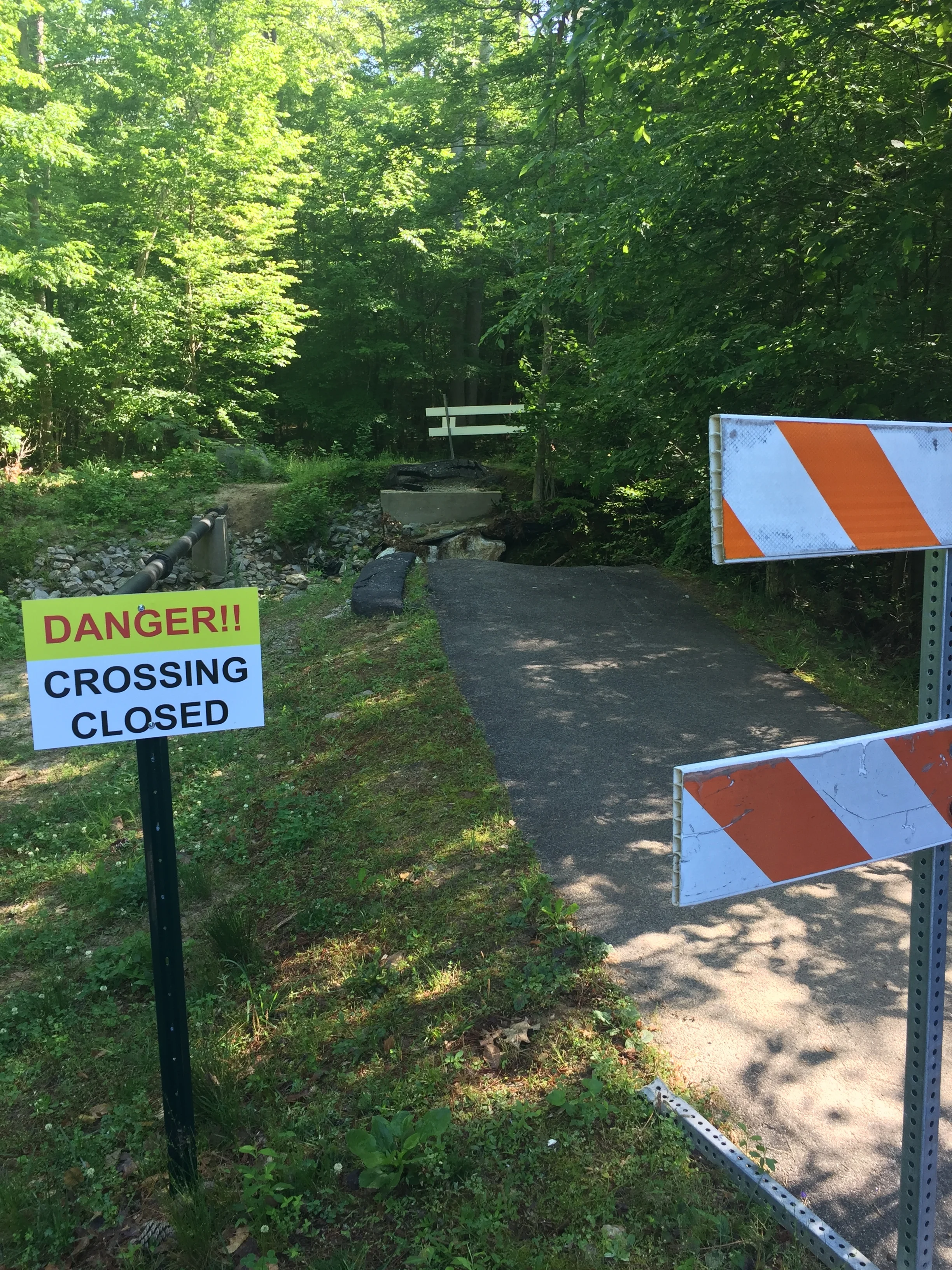Why (almost) nothing ever gets done, part two
In a previous post I noted the following truism:
- Don't be amazed by how long transportation projects take to complete ... Instead, be amazed that anything ever gets built in the first place.
... With the primary reason being that projects take too long and cost too much.
And at its core, that is the reason. However, it may not be obvious why that is the problem.
An underlying cause of delays or failures in advancing transportation projects is inherent to our decision-making process in America. That is, the way we decide projects is out of sync with how we advance them.
We have "metropolitan planning organizations", which are regional groups of elected officials in each metro area - typically mayors or county commissioners, with terms of two to four years - making decisions on project that can take a decade to complete, if not much longer.
State legislatures - with representatives and senators with two or four year terms - can also have significant roles with making approvals and setting funding and allocation parameters.
To be clear, each of our elected officials has both a right and a responsibility to offer perspective and provide representation for their constituents on what is best for their district, town, county, and state.
But the natural give-and-take inherent in our democratic process also creates the potential for projects to become a political football from time-to-time.
The Regional Transportation Alliance business coalition in North Carolina's Research Triangle Region, which I have had the honor to lead since 2002, has a primary goal of advancing solutions. And one way we do this is by helping to create or firm up a broad consensus of support for various priorities across the political or advocacy spectrum - and to sustain that consensus over time.
Sometimes, that involves shoring up support by providing a business perspective. On other occasions, it can involve a suggestion for a pivot in approach.
This is not always easy, and we are not always successful, regardless of our approach in a particular situation. But applying business focus creates dividends that a growing metropolitan region can benefit from for decades.
Even when we are successful, the process involves selling, and re-selling the project or solution to a constantly changing group of constituents, stakeholders, etc. In a fast-growing region like the Research Triangle, the population (and consensus) that existed when a project was originally approved or initiated may bear little resemblance to what exists at the present time.
And of course, we haven't even spoken of technology changes, which can make solutions viable that were not previously, but can also render an existing project effectively obsolete before it will reach its design life - or perhaps even before it opens.
In summary, projects take too long, and cost too much. Faster is better.




